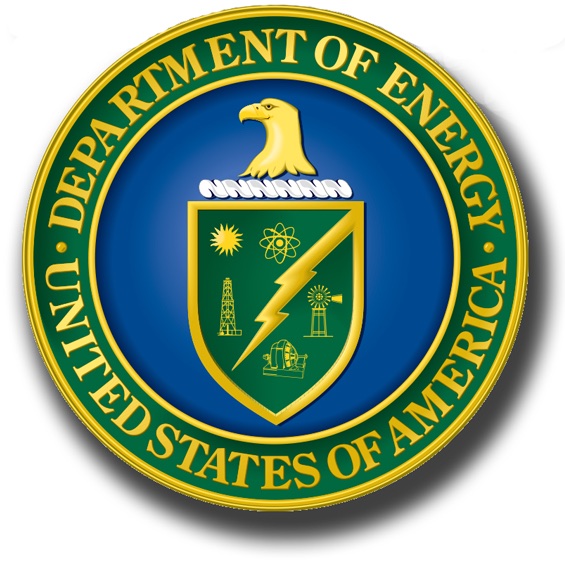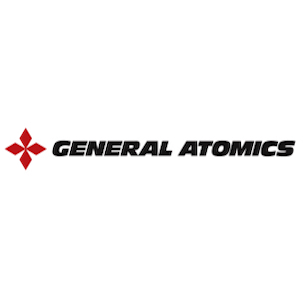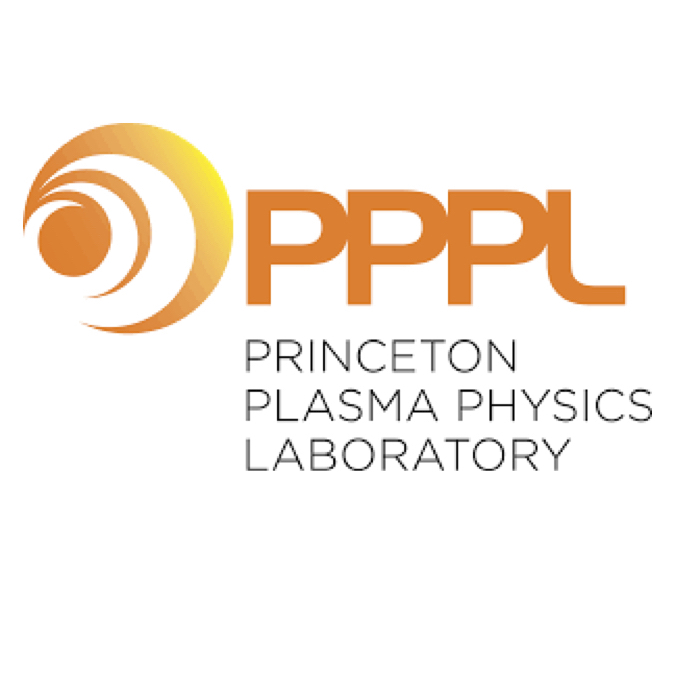Adaptive Allocation of ITER's External Heating and Fueling with Uncertain Actuator Dynamics for Nonlinear Burn Control
V. Graber, E. Schuster
Division of Plasma Physics (DPP) Annual Meeting of the American Physical Society (APS)
Pittsburgh, PA, USA (Remote), November 8-12, 2021
Burn control refers to the real-time regulation of a fusion-producing,
or burning, plasma's temperature and density. Due to the plasma’s
nonlinear dynamics, active nonlinear burn control will be necessary to
sustain burning plasmas in ITER. Using Lyapunov techniques, a model-based,
nonlinear, adaptive controller [1] was developed to determine the external
heating and fueling required to drive the plasma to desirable regimes.
In this work, an adaptive actuator allocation algorithm was designed to
optimally map the controller’s heating and fueling requests to ITER's
two neutral beam injectors (NBI), ion cyclotron system, electron cyclotron
system, Deuterium pellet injector, Deuterium-Tritium pellet injector,
and fueling gas injectors. The allocator considers the Deuterium fueling
contribution from NBI and the state-dependent (i.e., depends on the
temperature and density) fractions of NBI heating deposited in the ion
and electron populations. It also considers state-dependent actuator
dynamics, such the thermalization delay of NBI particles and the efficiency
of the pellet penetration. Adaptive estimators handle uncertainties
(e.g., the strength of the fuel recycling from plasma-wall interactions
is not precisely known) in the actuator mapping and dynamics.
[1] V. Graber, E. Schuster, Proc. Am. Control Conf. (2020).
*Supported by the US DOE under DE-SC0010661.







